- Baker College is the largest independent college in Michigan with the most focused approach to education and training available. Our mission is to prepare you for meaningful employment. We’re proud to have a 97 percent employment rate among our available graduates. In addition, all our graduates receive Lifetime Employment Assistance—free and forever. Allen Park is one of the most modern and technologically advanced campuses in the state. Most importantly, Allen Park is home to faculty, staff, and students who are totally committed to helping each other succeed. The mission of Baker College is to provide quality higher education and training which enable graduates to be successful throughout challenging and rewarding careers. Baker College offers highly effective academic programs which are accessible, market-driven, career-focused, and which lead to employment and career advancement for its students. Baker College, a leader among institutions of higher education in assuring career readiness and employment of its graduates, offers academic programs that emphasize employability and career advancement. To that end, the College will design and deliver timely academic programs that lead to careers for which employment opportunities exist; and include learning and work experiences within each program which reinforce collaboratively-developed student learning outcomes and which are tied to standards set, established, or validated by accrediting/approval bodies, advisory boards, employers, and/or industry.
School Highlights
Baker College of Allen Park served 3,372 students (45% of students were full-time).
Minority enrollment was 37% of the student body (majority Black), which was less than the state average of 40%.
School Overview
Baker College of Allen Park
(MI) Community College Avg.
Carnegie Classification
Item not available
Baccalaureate/Associate's Colleges: Associate's Dominant
Institution Level
Four or more years
At least 2 but less than 4 years
Institution Control
Private, non-profit
Public
Total Faculty
62 staff
224 staff
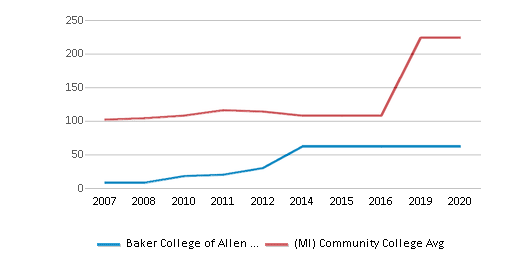
Student Body
Total Enrollment
3,372 students
2,154 students
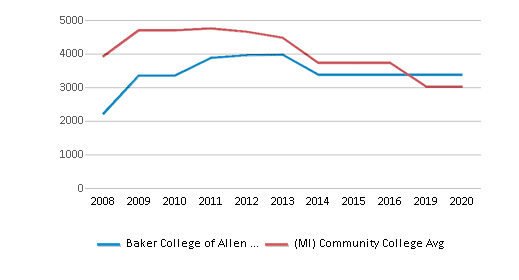
Student : Teacher Ratio
54:1
19:1
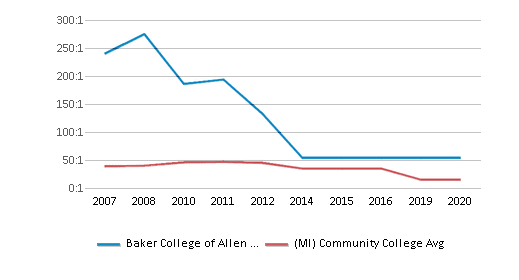
# Full-Time Students
1,530 students
878 students
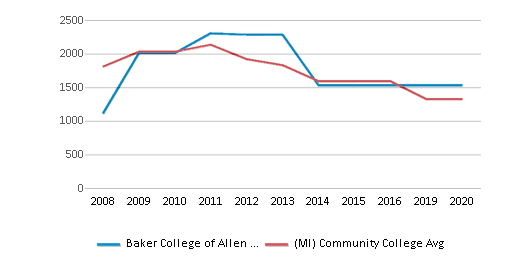
# Part-Time Students
1,842 students
1,714 students
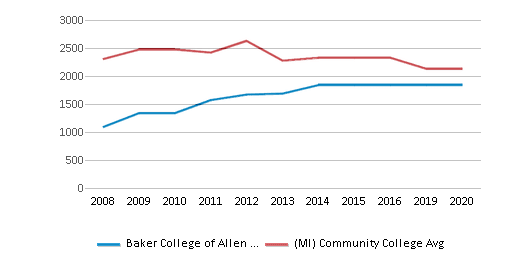
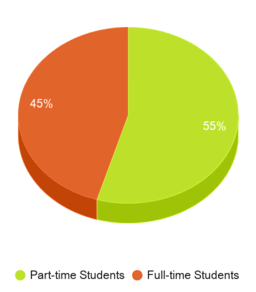
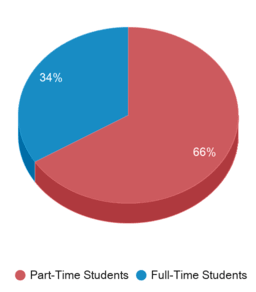
# Enrollment Undergraduate
251 students
225 students
# Full-Time Undergraduate Students
1,528 students
889 students
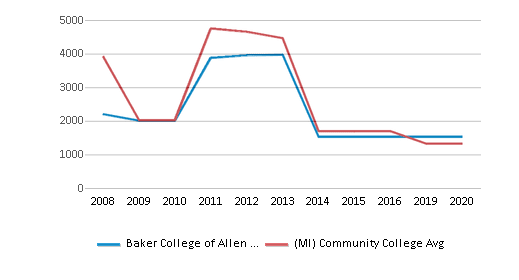
# Full-Time Graduate Students
2 students
4 students
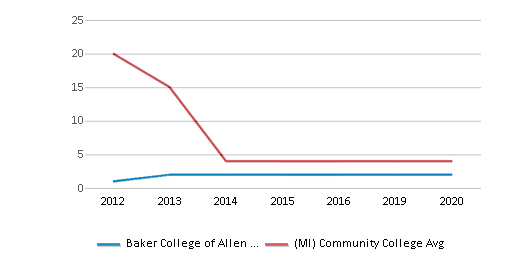
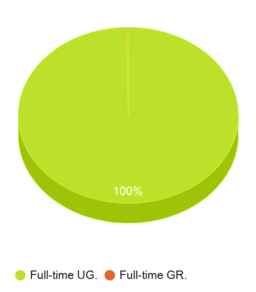
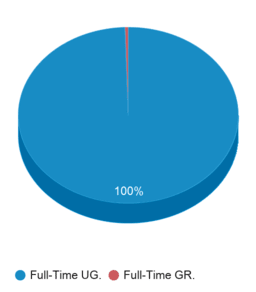
# Part-Time Undergraduate Students
1,841 students
1,714 students
# Part-Time Graduate Students
1 students
4 students
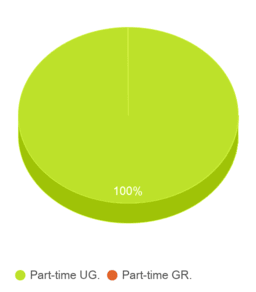
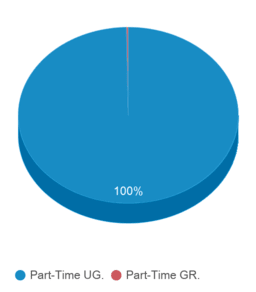
Total Dormitory Capacity
n/a
178 students
% American Indian/Alaskan
n/a
n/a
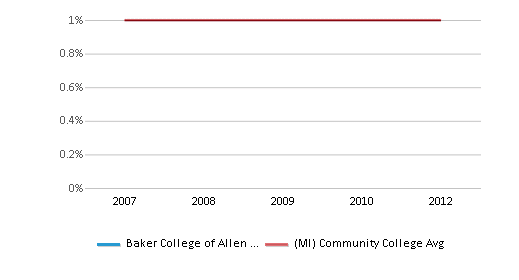
% Asian
n/a
4%
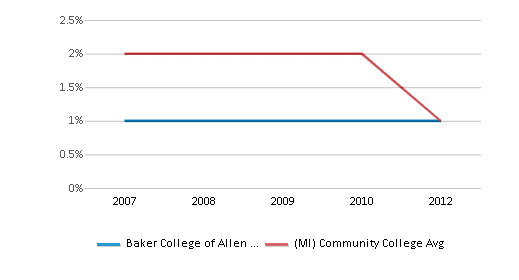
% Hispanic
7%
7%
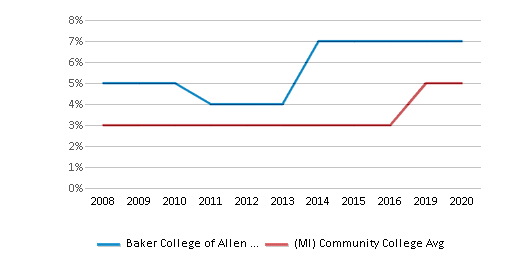
% Black
29%
16%
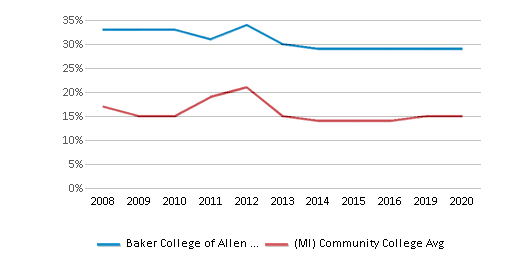
% White
63%
60%
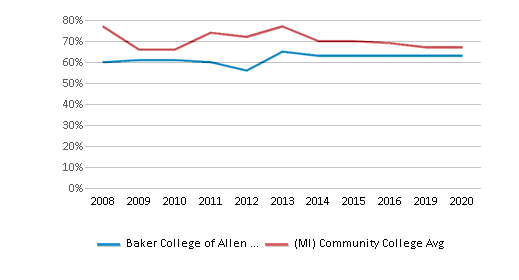
% Hawaiian
n/a
1%
% Two or more races
n/a
4%
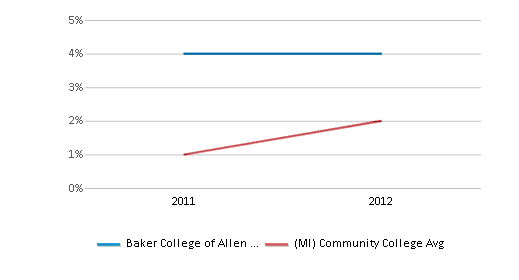
% Non Resident races
n/a
2%
% Unknown races
1%
6%
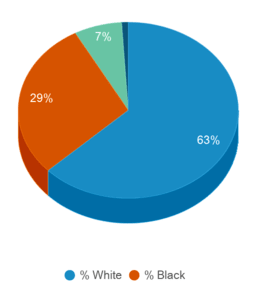
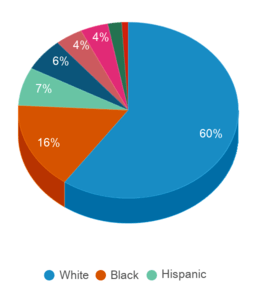
Diversity Score
0.51
0.60
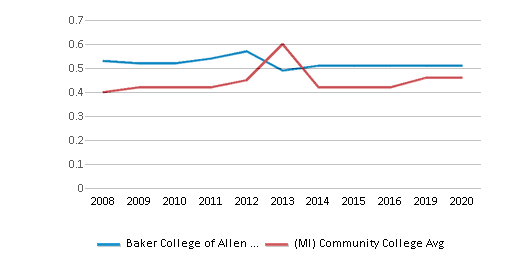
College Completion Rate (Students who graduate in less than 4 years)
n/a
0.2881%
College Completion Rate (Students who graduate in 4 years or more than 4 years)
n/a
0.2071%
Average Graduate Earnings (10 Years)
$30,600
$30,700
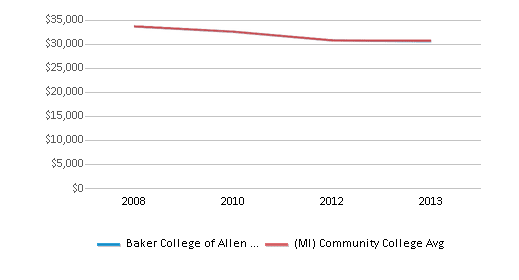
Tuition and Acceptance Rate
Private State Tuition Fees
$8,280
$11,103
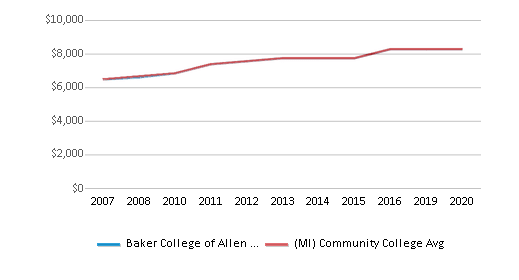
% Students Receiving Some Financial Aid
94%
89%
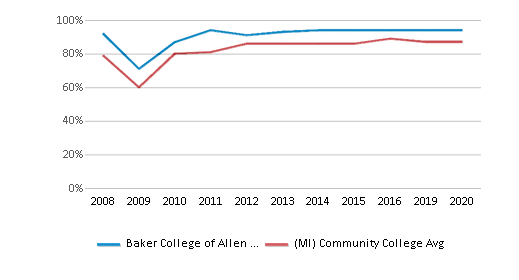
Median Debt for Graduates
$24,000
$12,000
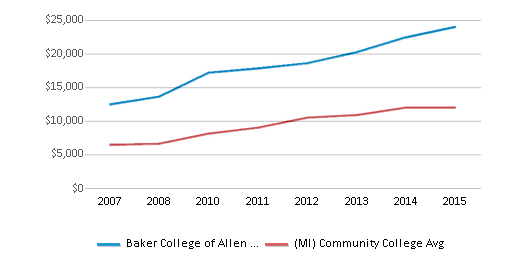
Median Debt for Dropouts
$8,485
$5,500
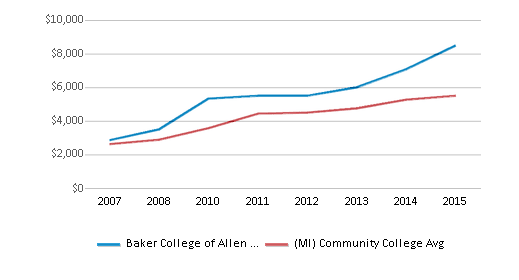
Acceptance Rate
n/a
98%
Source: 2020 (or latest year available) Integrated Postsecondary Education Data System (IPEDS)
Frequently Asked Questions
How much does Baker College of Allen Park cost?
Baker College of Allen Park's private state tuition is approximately $8,280.
Recent Articles

Obtaining Your Bachelor's Degree at a Community College
Explore the evolving landscape of community colleges offering bachelor's degrees, addressing affordability, accessibility, and workforce needs.

A to Z of Community College Certificates and Courses
From business and healthcare to technology and skilled trades, the article showcases the breadth of options available to students seeking to enhance their knowledge, develop new skills, or pursue career advancement.

What is a Community College?
This comprehensive guide explains what a community college is, its history, and its role in higher education. It covers the types of programs offered, differences from four-year colleges, benefits of attending, and important considerations for prospective students, providing valuable insights for those exploring educational options.





